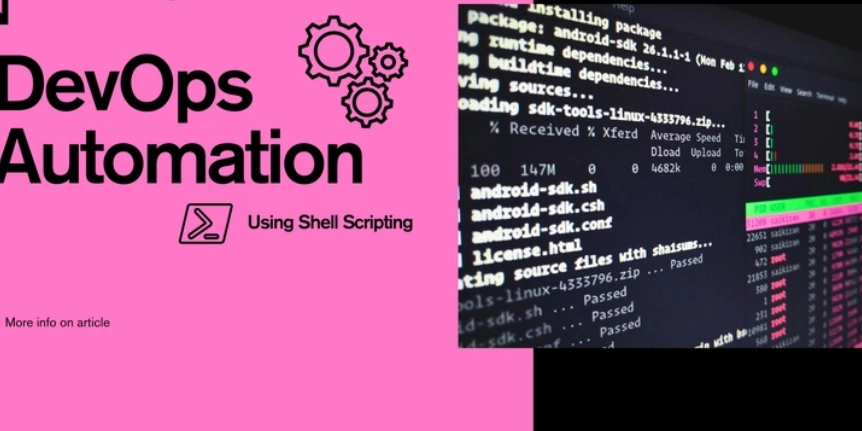Dev
1w
409

Image Credit: Dev
DevOps Automation with Shell Scripting 🚀
- DevOps automation with shell scripting is crucial for managing complex systems and accelerating development cycles.
- Shell scripts are lightweight, versatile, and can integrate with other DevOps tools like Jenkins and Ansible.
- Basic concepts of shell scripting include essential commands, variables, conditionals, and loops.
- Setting up the environment for automation involves using Bash, text editors like Vim, and granting executable permissions.
- Shell scripting in DevOps can be applied to tasks such as system monitoring, deployments, backup, and log management.
- Advanced techniques like functions, error handling, and parsing arguments enhance shell scripting capabilities.
- Best practices for shell scripting in DevOps include commenting code, using descriptive variable names, modularizing with functions, and error handling.
- Hands-on projects like server provisioning, CI/CD pipeline scripts, user access management, and health checks help improve shell scripting skills.
- Mastering shell scripting enables DevOps engineers to automate tasks efficiently, ensuring consistency and reliability in processes.
- Continuous practice and exploration of advanced techniques are key to enhancing DevOps automation with shell scripting.
Read Full Article
24 Likes
For uninterrupted reading, download the app